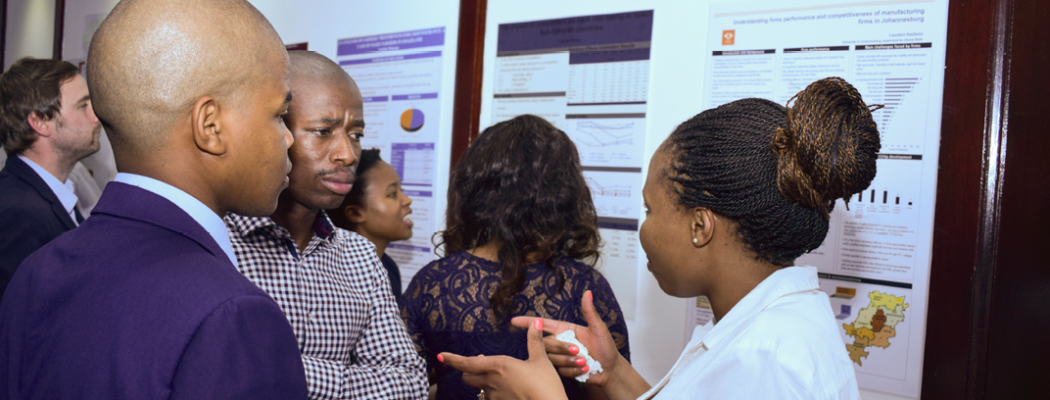Skilled labour emigration in South Africa: Exploring the long-term implications
This paper simulates the long-term implications of skilled labour emigration for South Africa, using a recursive dynamic general equilibrium framework. It examines the effects of skilled emigration with or without offsetting measures, specifically the projected changes in productivity, growth, government revenue, and welfare over a 20-year period. The model includes three regions and eight sectors, an endogenous specification of productivity partly driven by emigration, and three labour categories differentiated by skill. Three scenarios are considered: skilled emigration without offsetting measures, skilled emigration with remittances, and skilled emigration in the presence of offsetting skill support subsidies. The aggregate results suggest that, in the absence of offsetting measures, skilled emigration will reduce long-term growth by 1.2% and primary factor productivity by 15.8% by 2040. In contrast, whereas remittances reinforce productivity losses in the short term and reduce growth by 0.4%, they reverse productivity losses in the long term and raise growth by 3.5%. Government skill subsidies have an immediate positive effect on productivity and growth. However, they adversely affect growth and welfare over the medium-to-long term. At the sectoral level, mining and manufacturing experience the largest losses from skilled emigration.





